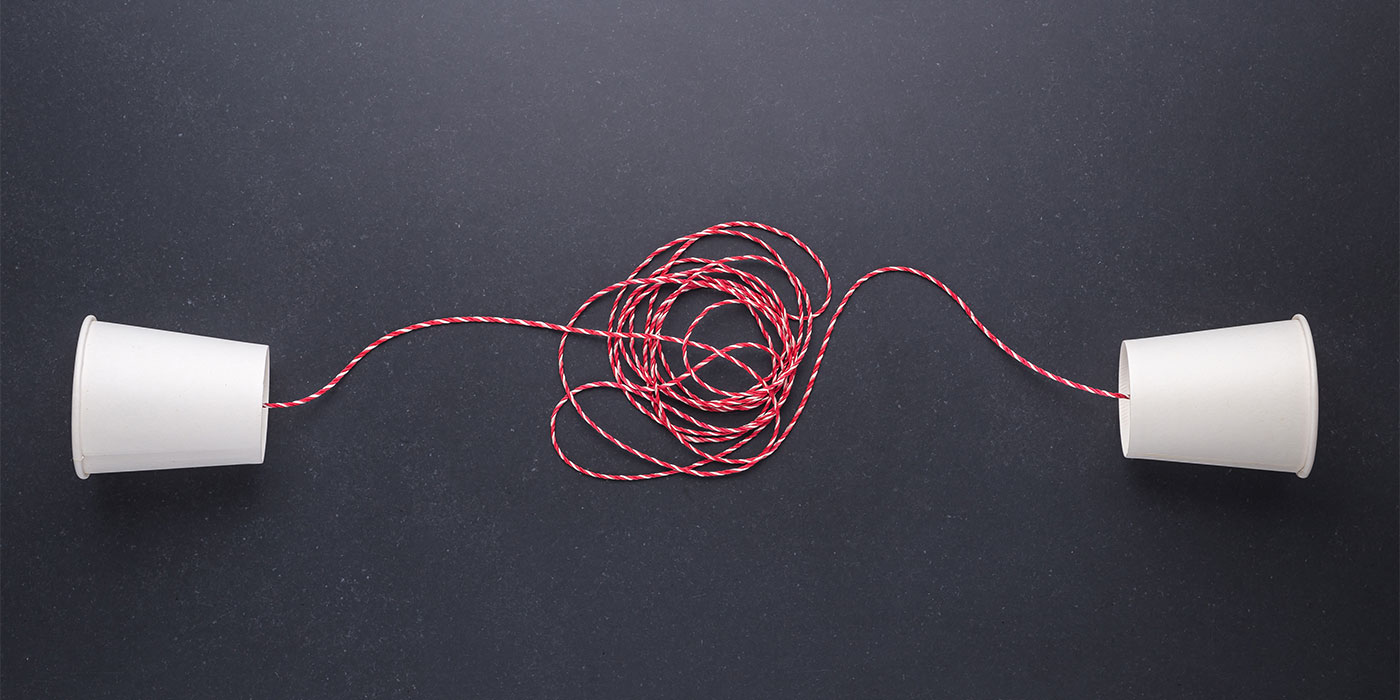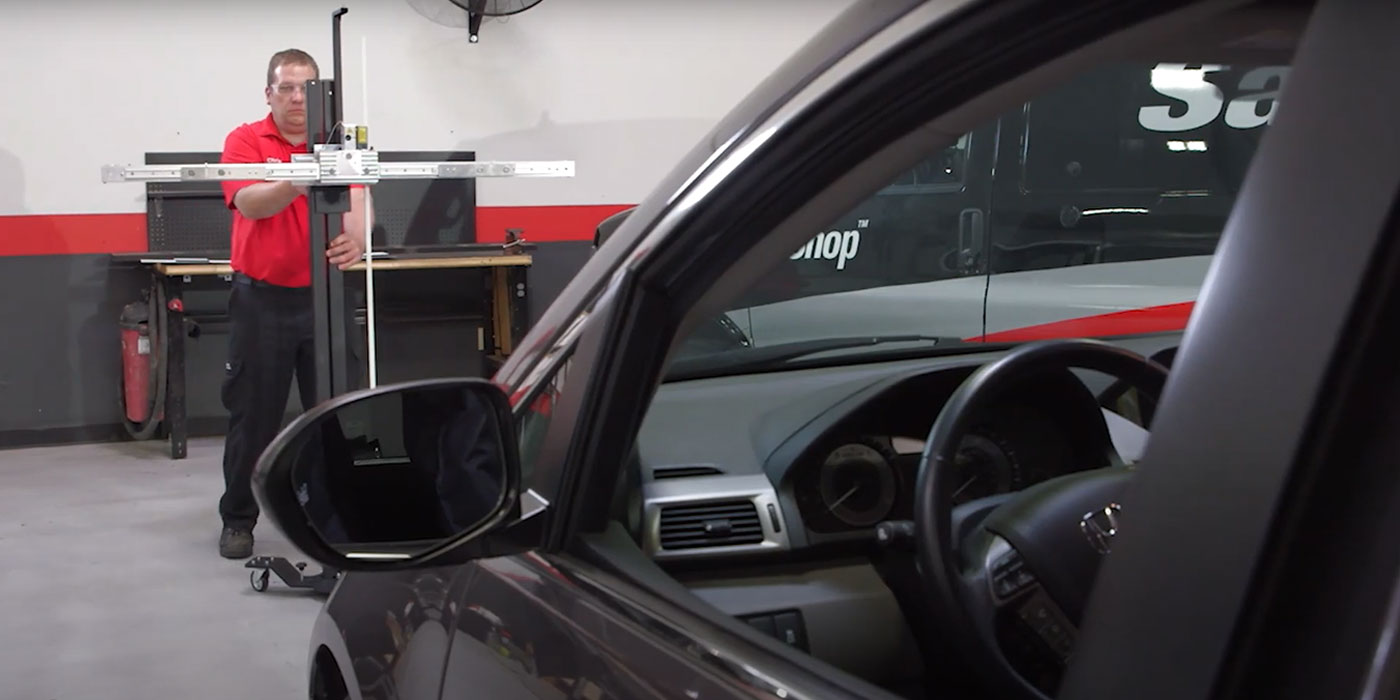How can we get customers to pay for their portion of the repairs? We have two completed jobs in our shop right now that have been done for a month now. The customers aren’t paying for their portion of the repairs, so we’re stuck with two vehicles taking up real estate in our shop. Can we charge late fees on the unpaid balances? What other options do we have?
Your question is one that’s being asked more frequently these days as many insurers are taking aggressive steps to limit their payouts to improve their bottom line profitability. This is forcing more repairers to seek recovery from their customers directly…or not.
I believe the answer you seek lies in you determining just who it is you view as your true customer: the insurer or the vehicle owner. Also, what steps you’re willing to take to protect your own business’s future.
If you’re working on behalf of insurers and rely solely upon DRP agreements, your choices will be limited to what the insurer allows you under the terms of your agreement. In that situation, I can’t offer a recommendation and would encourage you to seek legal counsel.
If you’re an independent repairer who may have insurer agreements yet relies primarily on your local community members for your business and are seeking relief from the pressures applied by insurers, then the answer to your question begins with a well-crafted repair authorization/contract and developing and implementing appropriate business practices. By “appropriate business practices,” I’m referring to company philosophies and doctrines that will ensure the long-term success and prosperity of your company and its team members – just like those developed by other successful enterprises and corporations well known for their business successes (such as insurance companies).
An effective repair authorization/contract will meet your state’s guidelines and provide methods of assessing fees and costs for storage and administrative fees as well as lien notifications in the event of contract default or non-payment issues. This will discourage unnecessary delays and poor behavior and encourage payment of billings in a timely manner.
As an example, the repair authorizations/contracts we at Auto Damage Experts (ADE) construct for our coaching/consulting repairer clients are custom crafted for each shop and based on their state’s governing regulations. They’re the centerpiece of a series of other documents and notices the repairer can employ in various situations including encouraging payment for performed repairs, lien notifications, stall tie-up, storage charges, administrative fees, estimate fees and other charges deemed appropriate to garner the desired results.
While many states may have mandated guidelines for automotive repair authorizations, few, if any, limit a repairer from including additional mandates, caveats and agreements between the repairer and their customers.
At ADE, we believe the most important and fundamental document for any repairer is their repair authorization/contract, and I would encourage you and others to take the opportunity to study yours and make it work for you and not against you.













